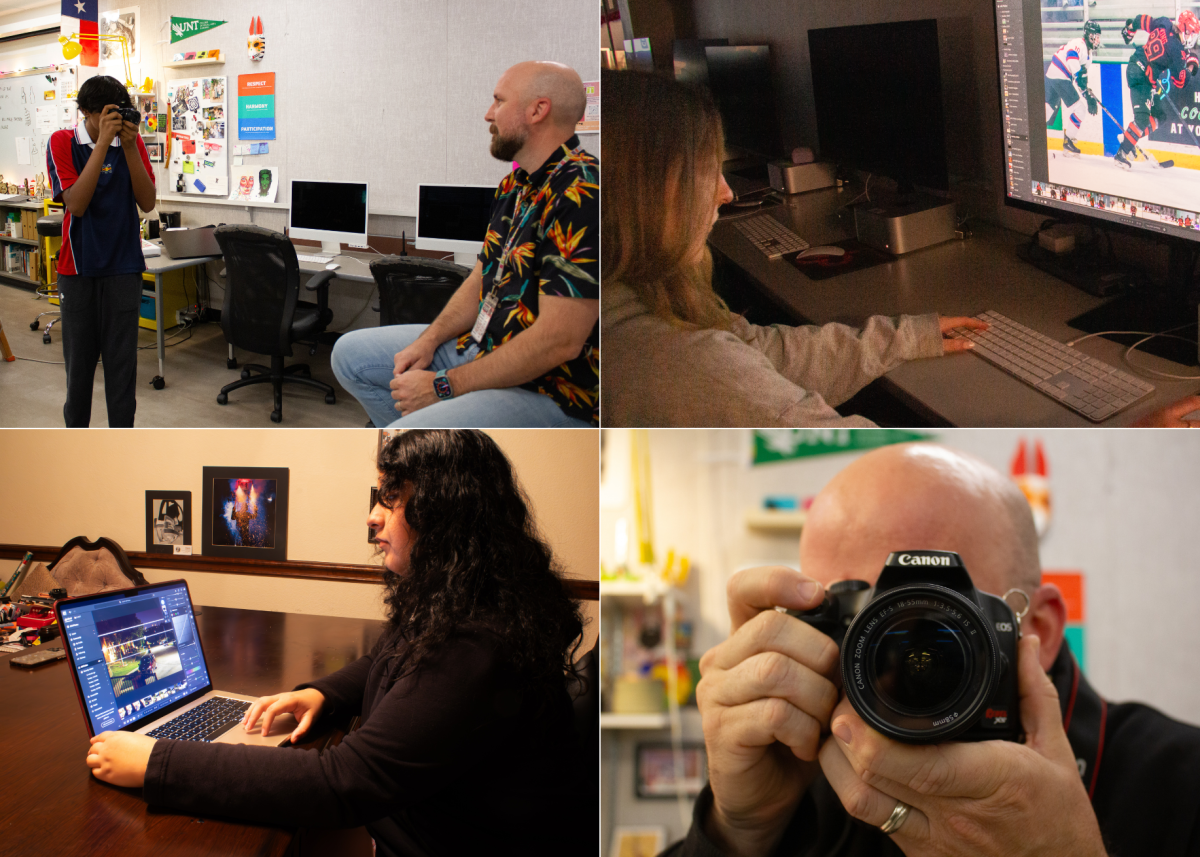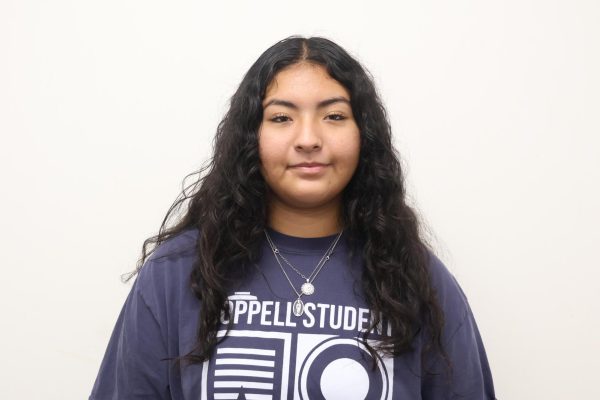
I walked into my photography class at the beginning of this year filled with curiosity, eager to take memorable and notable photos with the new technology in my hands.
At first, I thought photography was an easy skill to learn, but as I learned more advanced techniques I realized I undermined the art form.
When I first started, I was confused and anxious about all the complex settings in the camera. I had trouble balancing the amount of light into a photo with the shutter speed, aperture and ISO.
When it was time to edit on Adobe Lightroom, I was confident at first as I suspected it would be the same as editing on your phone. But, there are more additional tools to use, such as masking where you can choose certain areas in your photo to edit, and color grading to establish the mood of your photo.
Seeing how complex photography can be, I realized people are truly not aware of the skills and techniques photographers continuously learn. When I talk about photography with peers, the responses I am met with are mostly the same.
“Yeah, but photography is easy to learn.”
“How is this going to be useful for you in the future?”
These responses make me feel empty inside, suggesting there are people who do not value photography as much as traditional art.
But it honestly makes me love it more. I want to show photography is a skill worth learning and share the experience behind the process of how difficult yet gratifying it can be. The memories and progress in skill can be rewarding after finding yourself teaching peers around you.
After multiple assignments, I found my connection with photography growing. I noticed my increased interest in learning new skills behind the technology of the camera and the editing process in the Adobe workspace.
Senior Round-Up yearbook sports photographer director Emma Linsteadt finds positive feedback as comfort but also a confidence boost within her work, motivating her to advance in her photography skills and passion.
“We get to show people sneak peaks of the pictures that we took of them and they were like, ‘oh, that is really good,” Linsteadt said. “A lot of our photography gets posted on social media, and that’s how we see that people appreciate it.”
As much as photography is respected, it can be rejected in the same light as traditional art such as drawing. When sophomore photography student Lakshman Ranganathan submitted his original wildlife photography for a Technology Student Association competition, he was accused by a TSA judge of submitting stock images.
“The judges had to check my Adobe Lightroom, my camera and my SD card,” Ranganathan said. “I felt underestimated and undervalued during that time. It was a hard day for me.”
When I first started photography, my mother did not understand the spark I have with photography. It took until I gained recognition for my photography work in the fall contest for the Association of Texas Photography Instructors and Regional Visual Arts Scholastic Event for her to understand. My mom is not unique in this perspective.
“Most people understand that photography does require artistic skill and creative efforts, but people see it as a lower barrier of entry,” photography teacher Brennan Fruge said.
People can be unaware of the advanced skills and techniques you have to gain for the editing process and during the photo shoot, but that’s the speciality of photography. As much as people want to talk, never let that bring your passion down. Continue working what you want to work toward and perfect it with your continuous progress.
“As long as you have committed interest, that can be enough,” Fruge said “You’ll start to realize that you’ve gotten pretty good at this and people will start responding in a way that will be more encouraging to you. So just keep at it, don’t listen to other people, do the work you want to do.”
Follow @CHSCampusNews on X.










